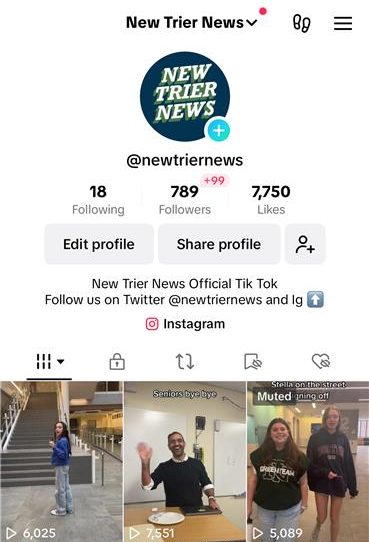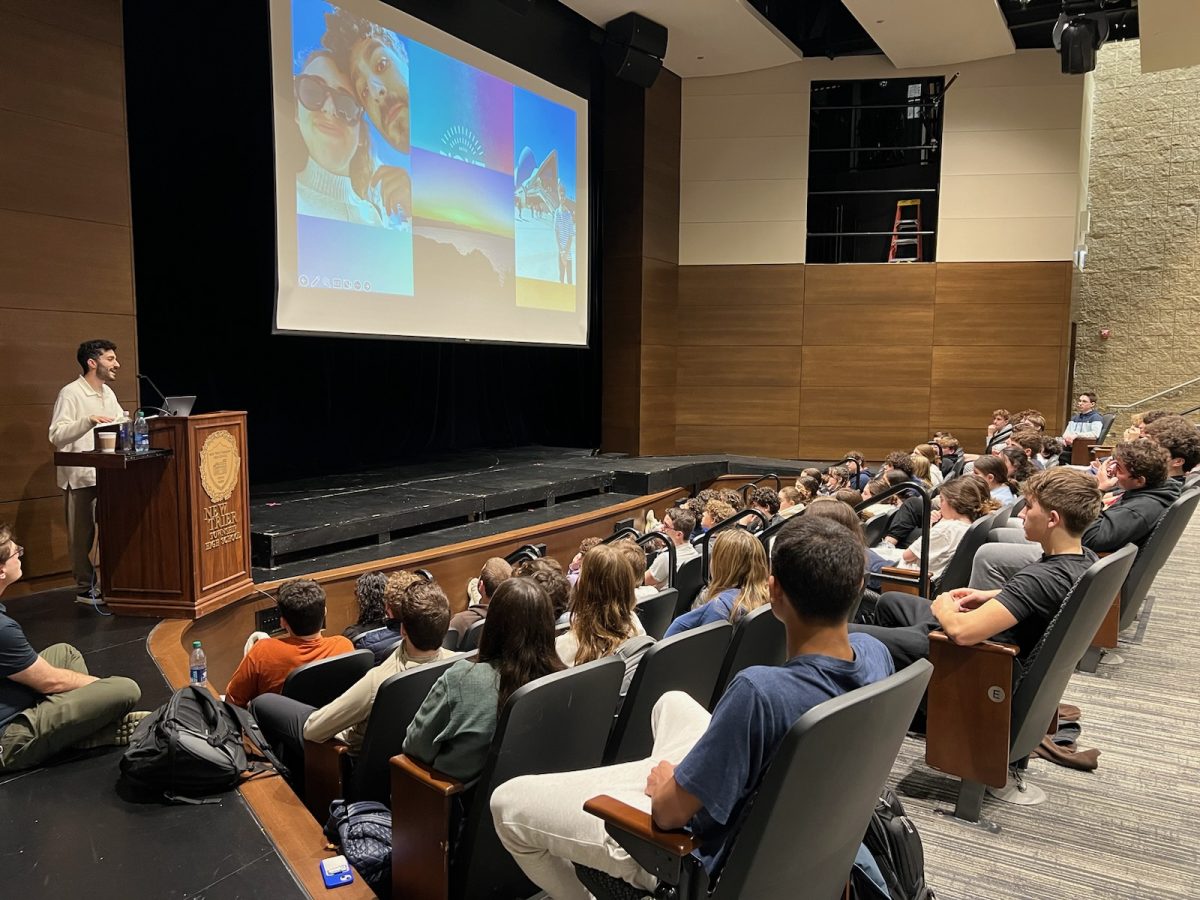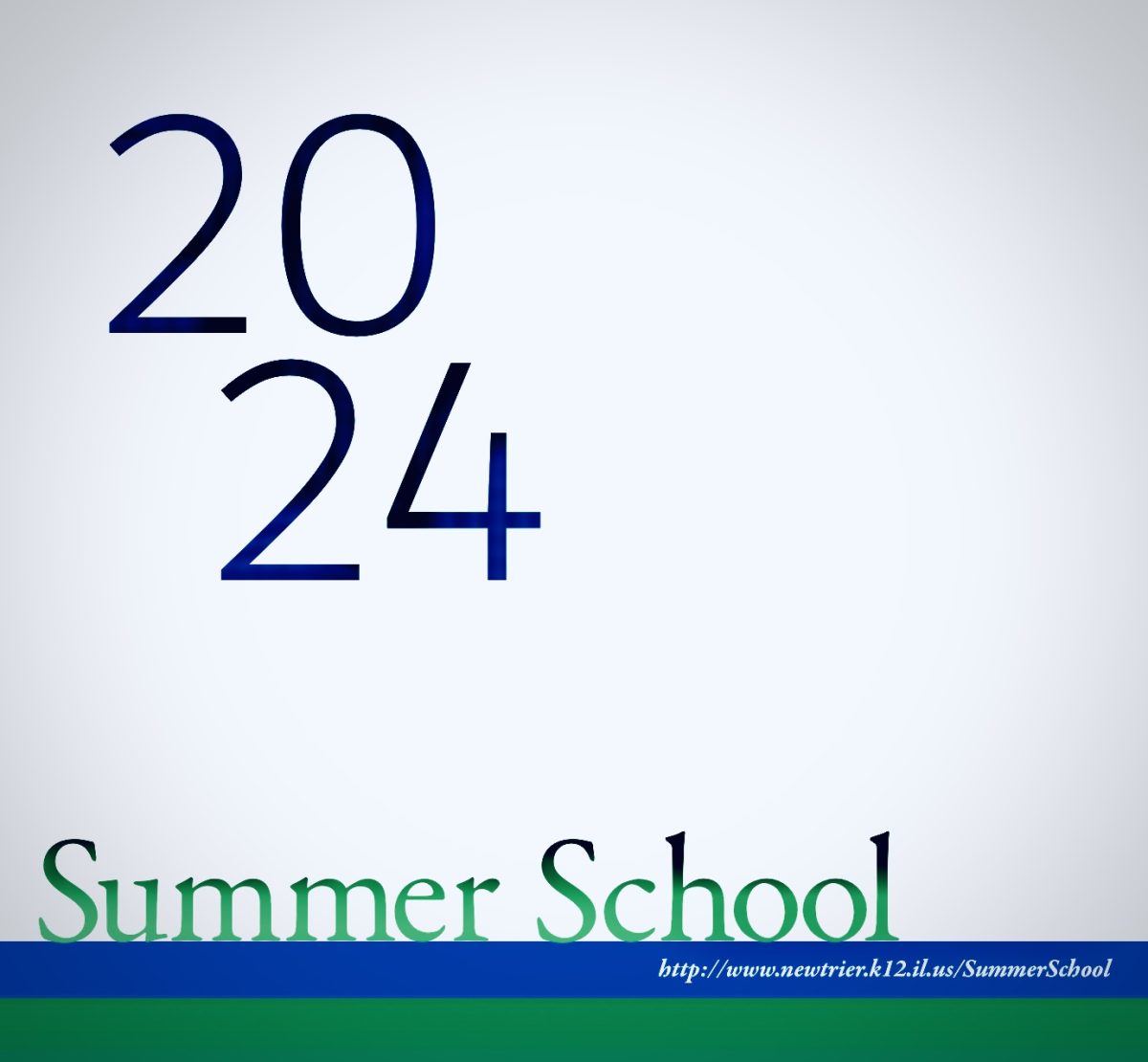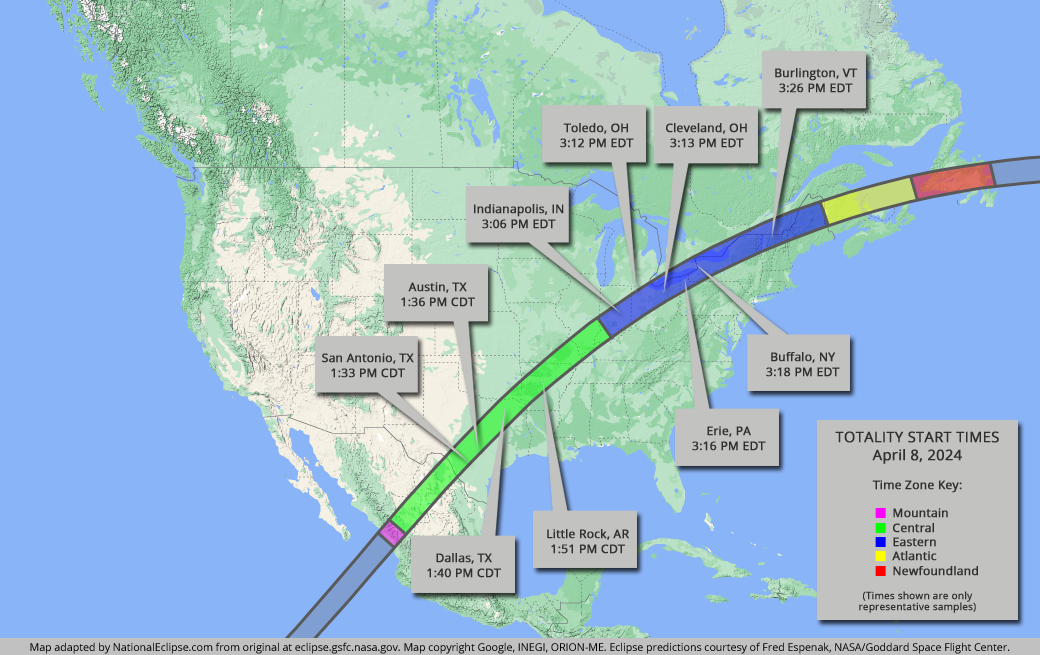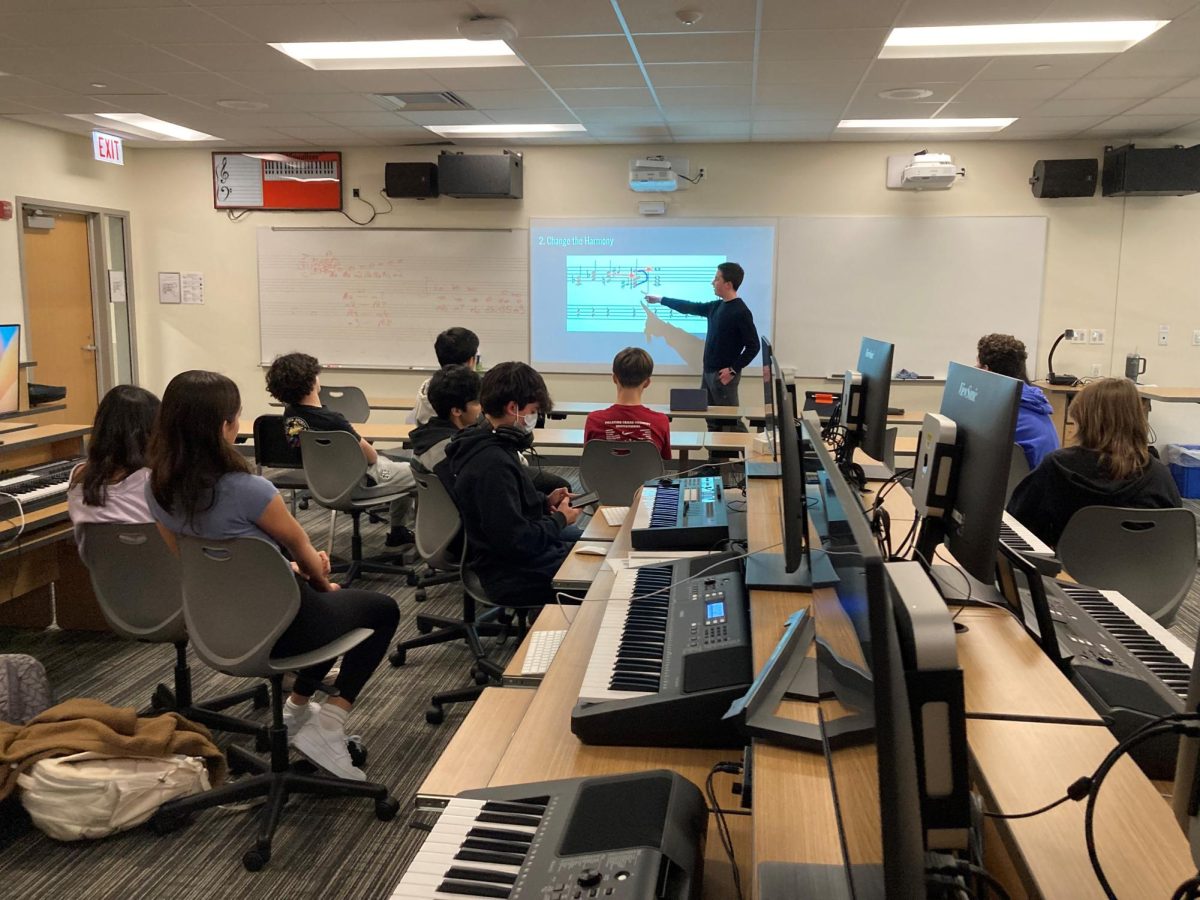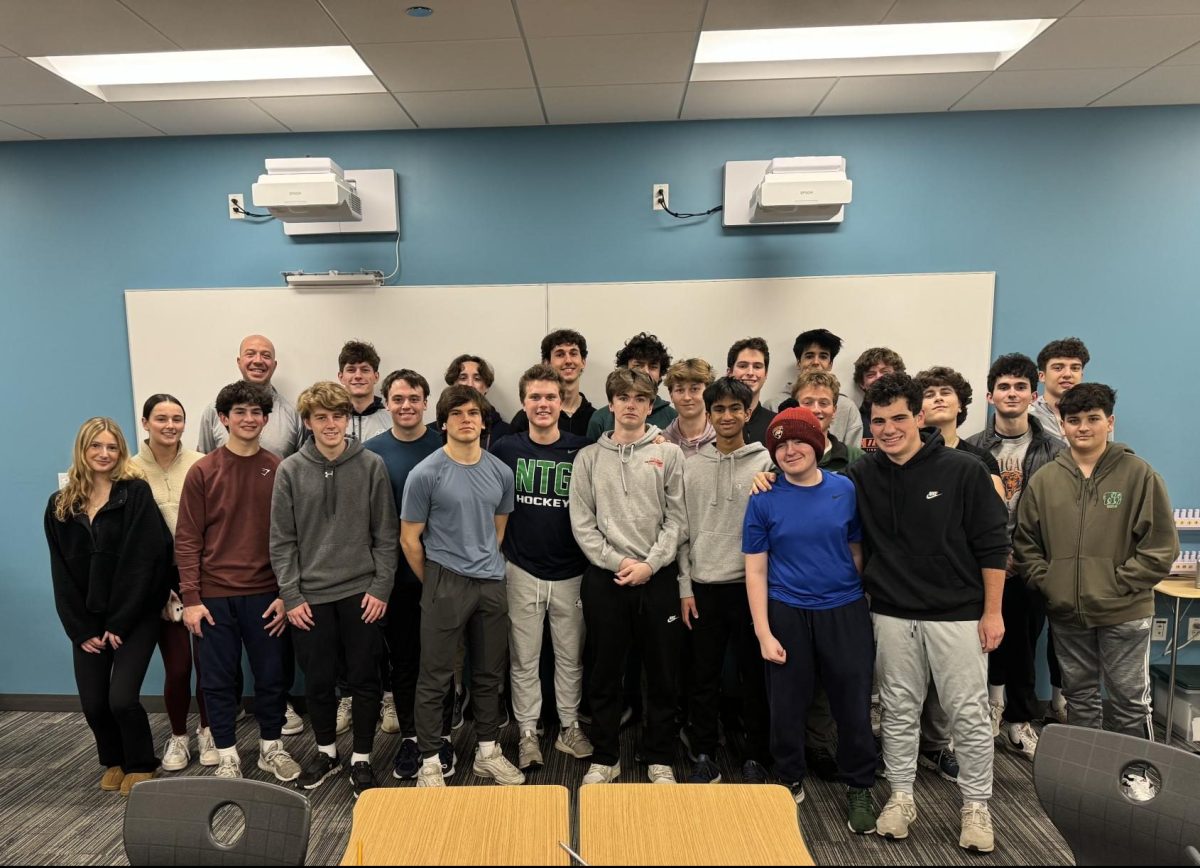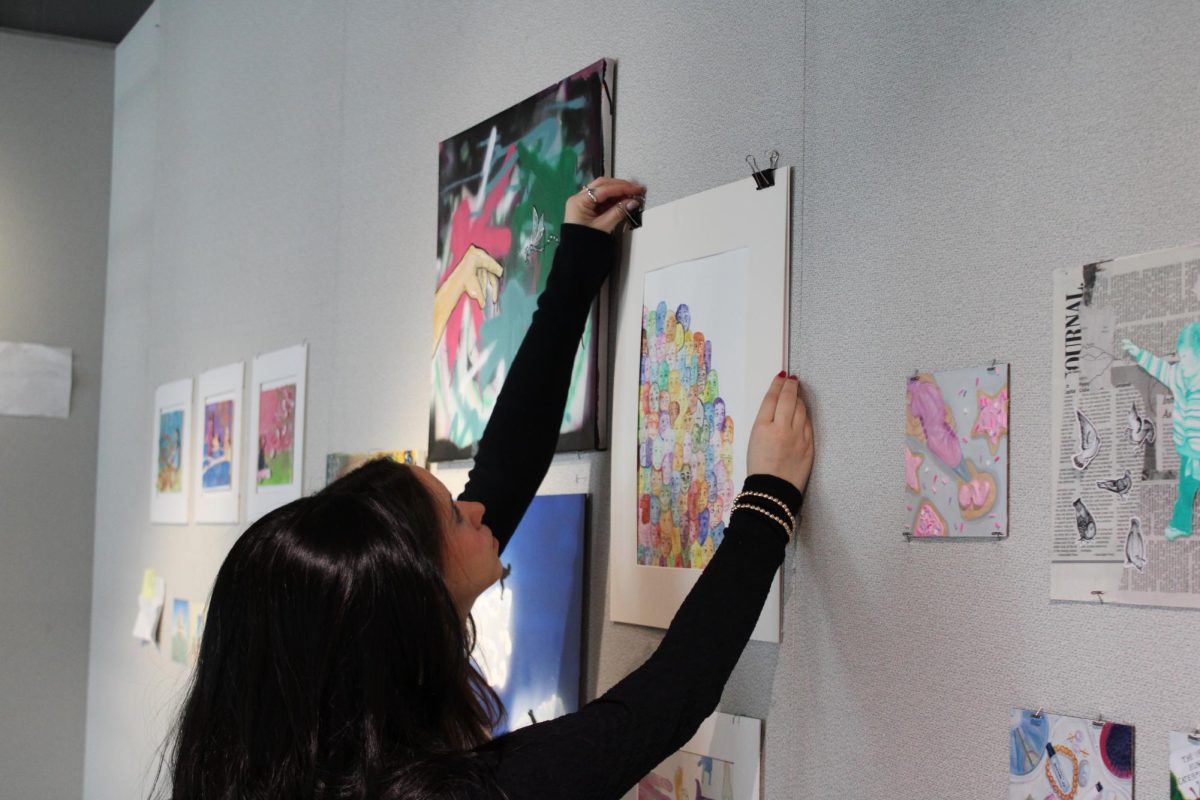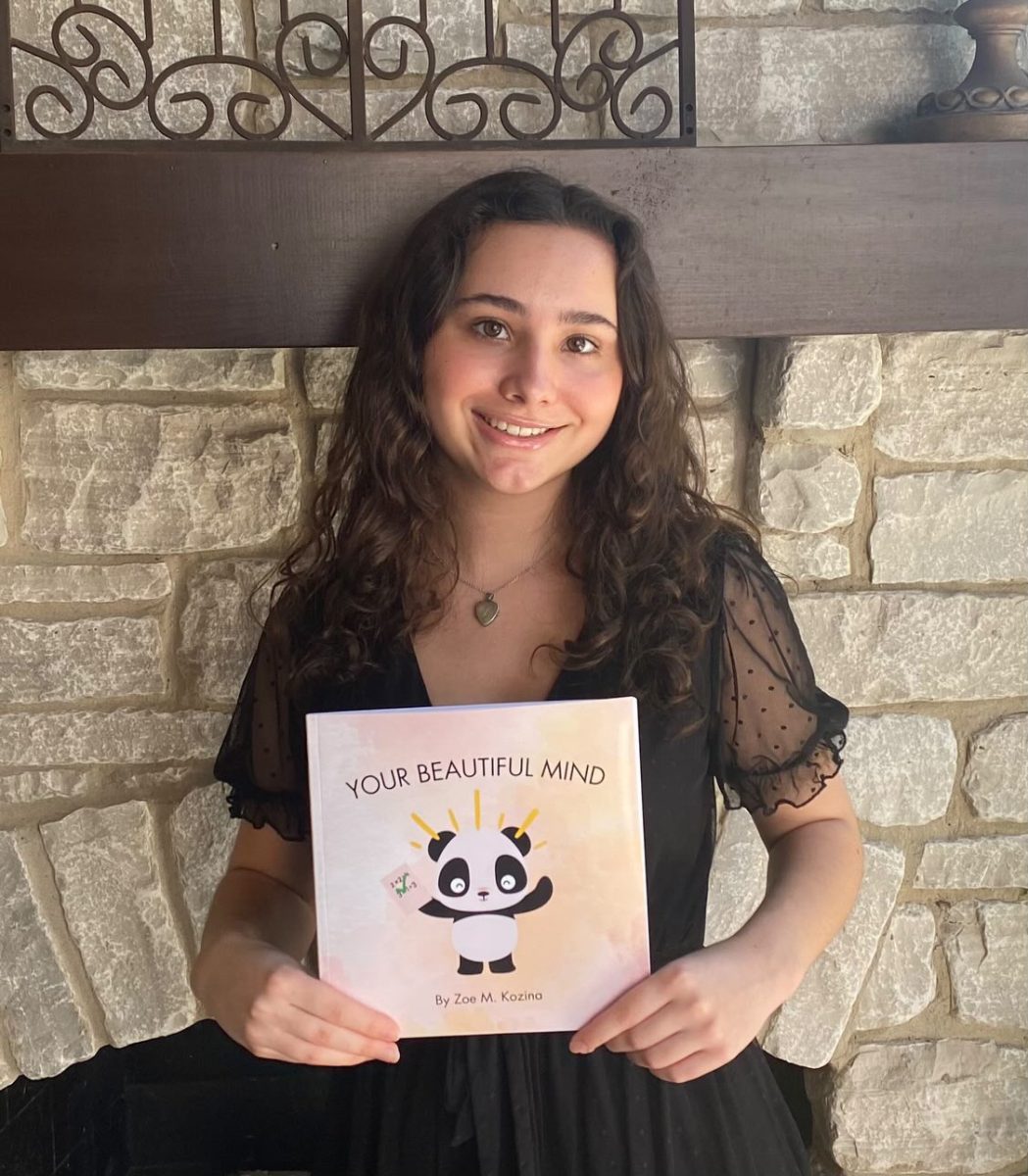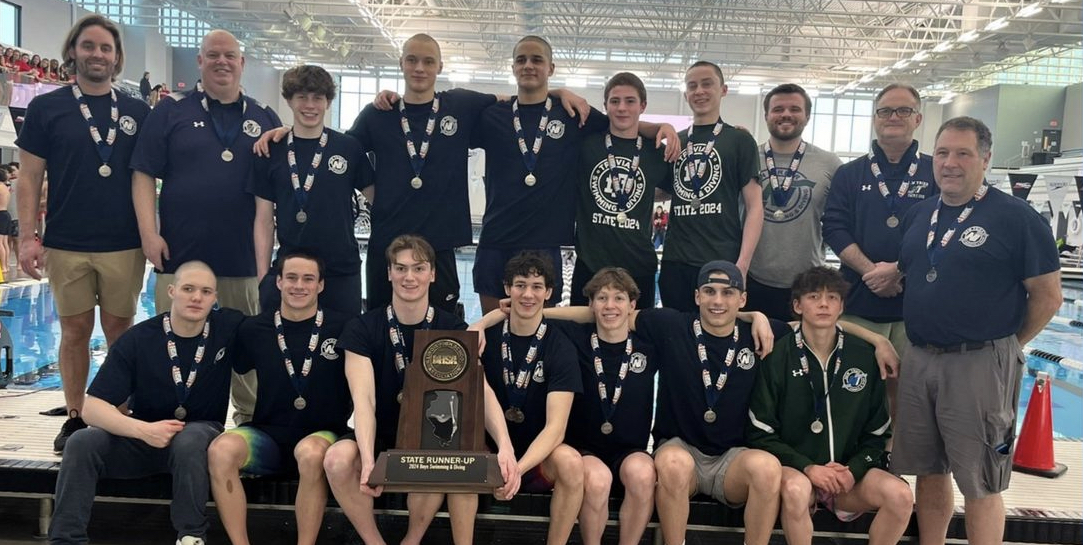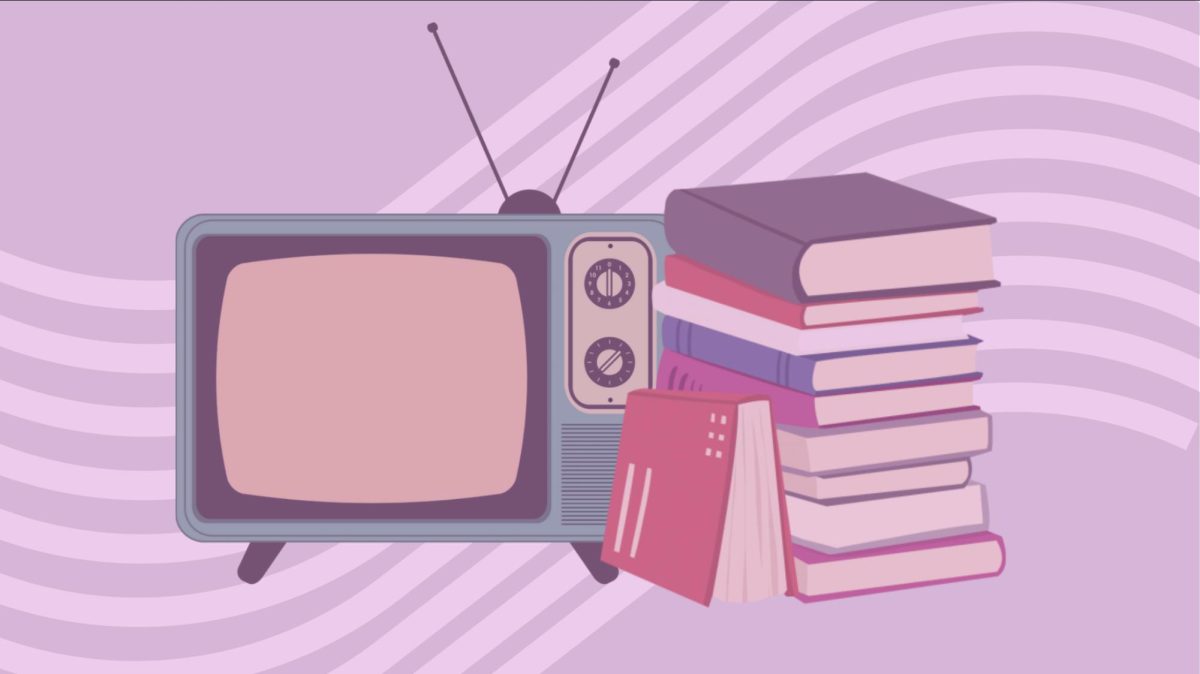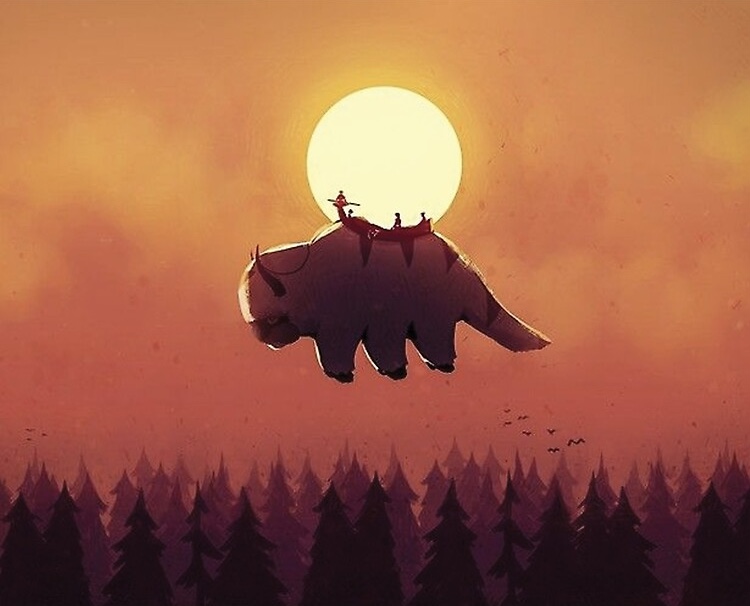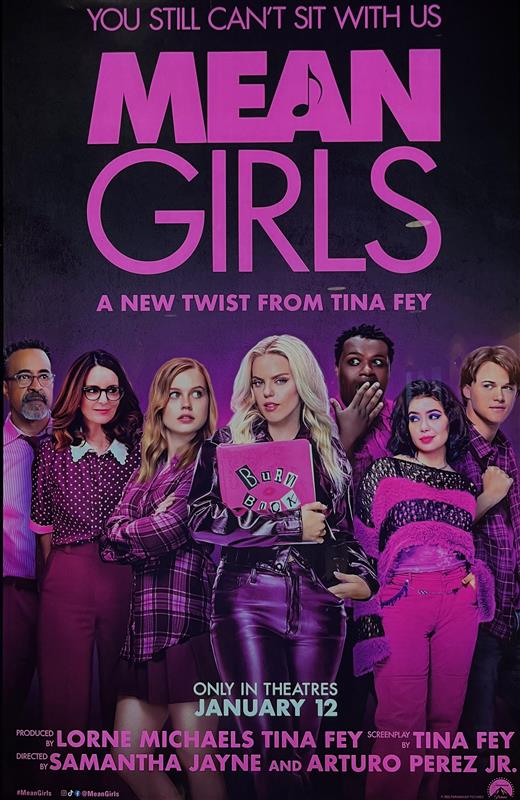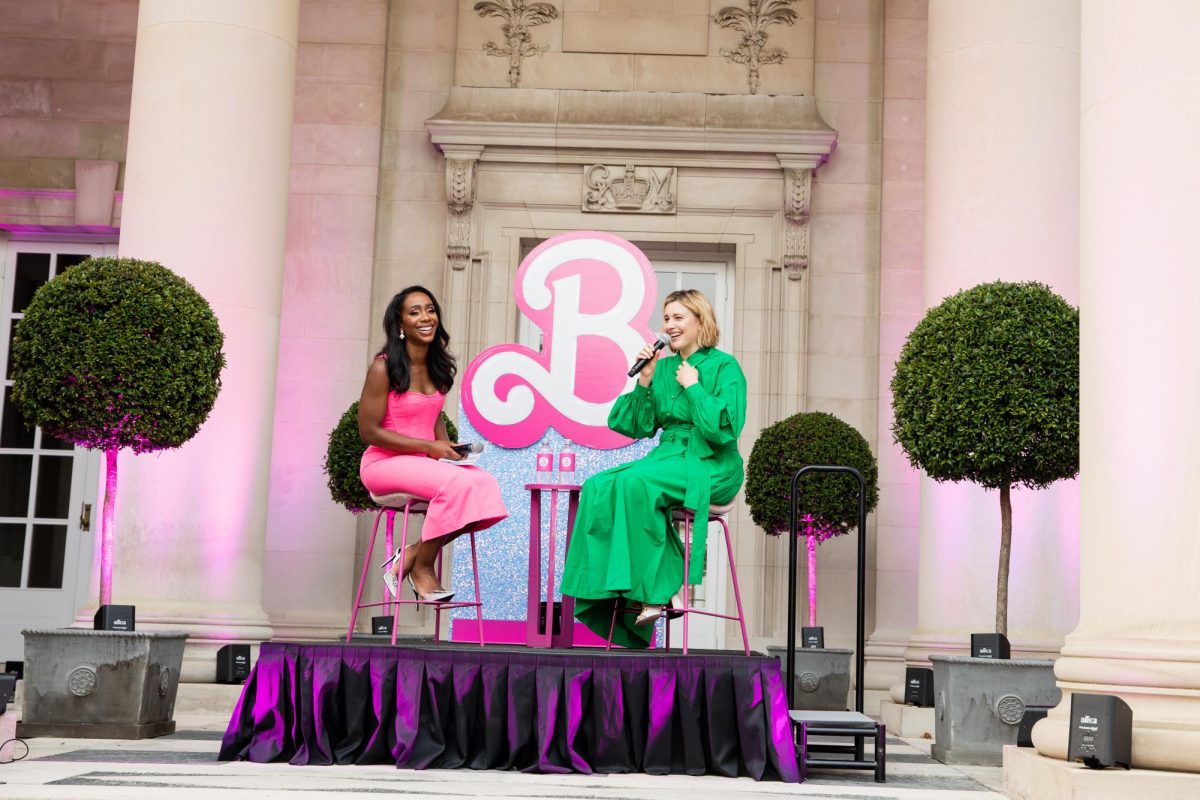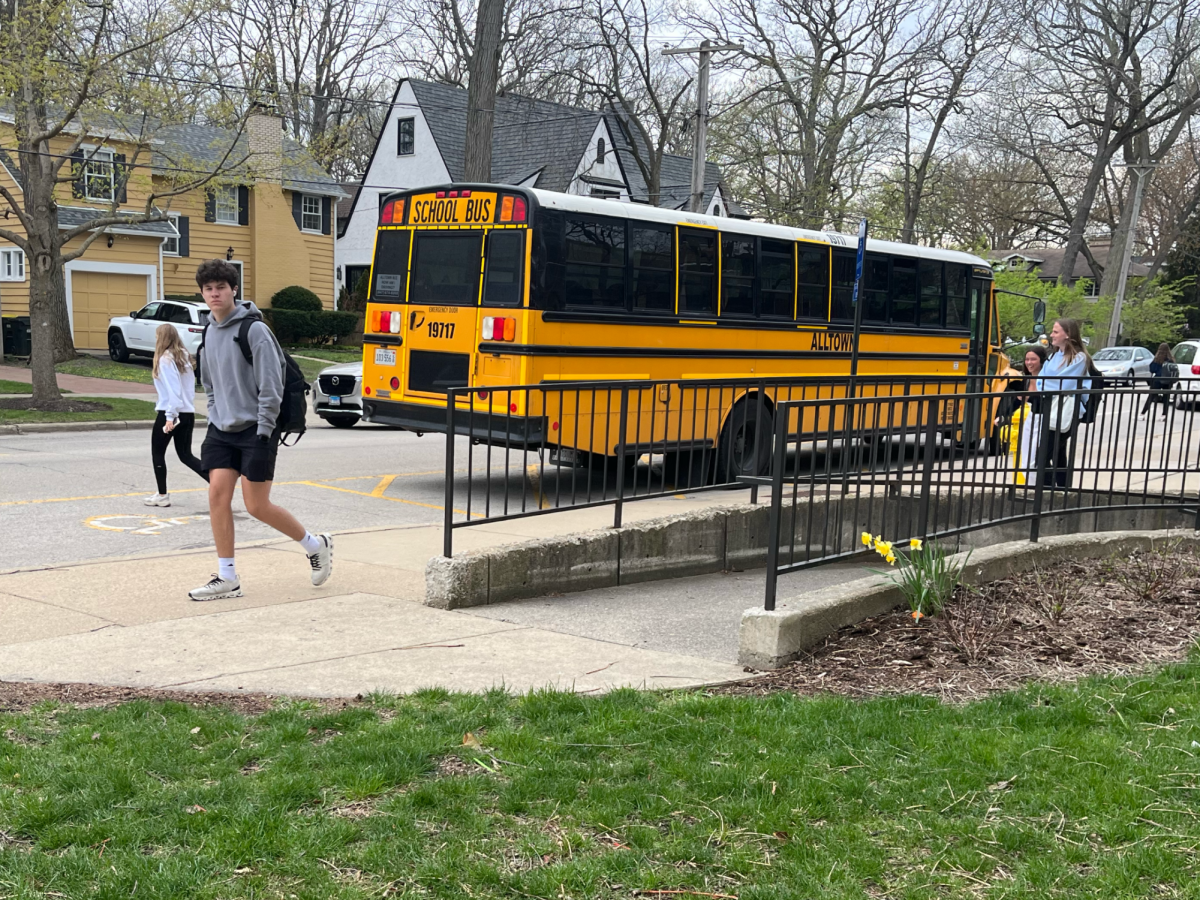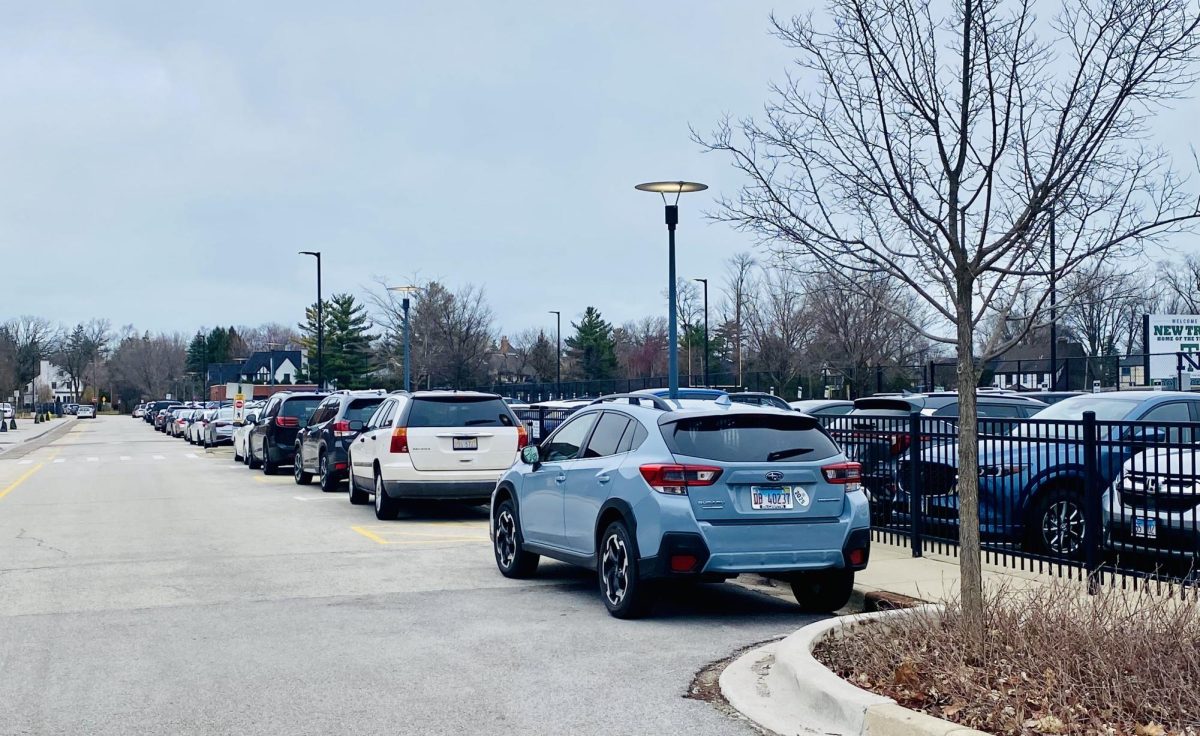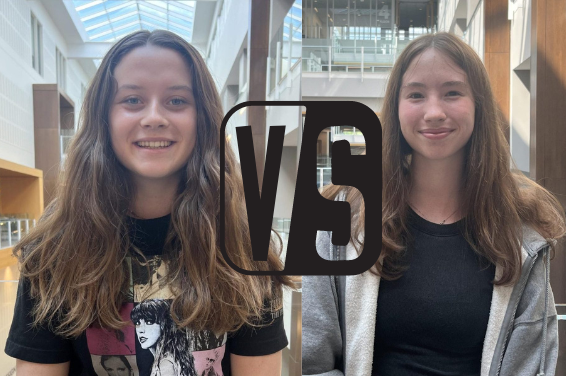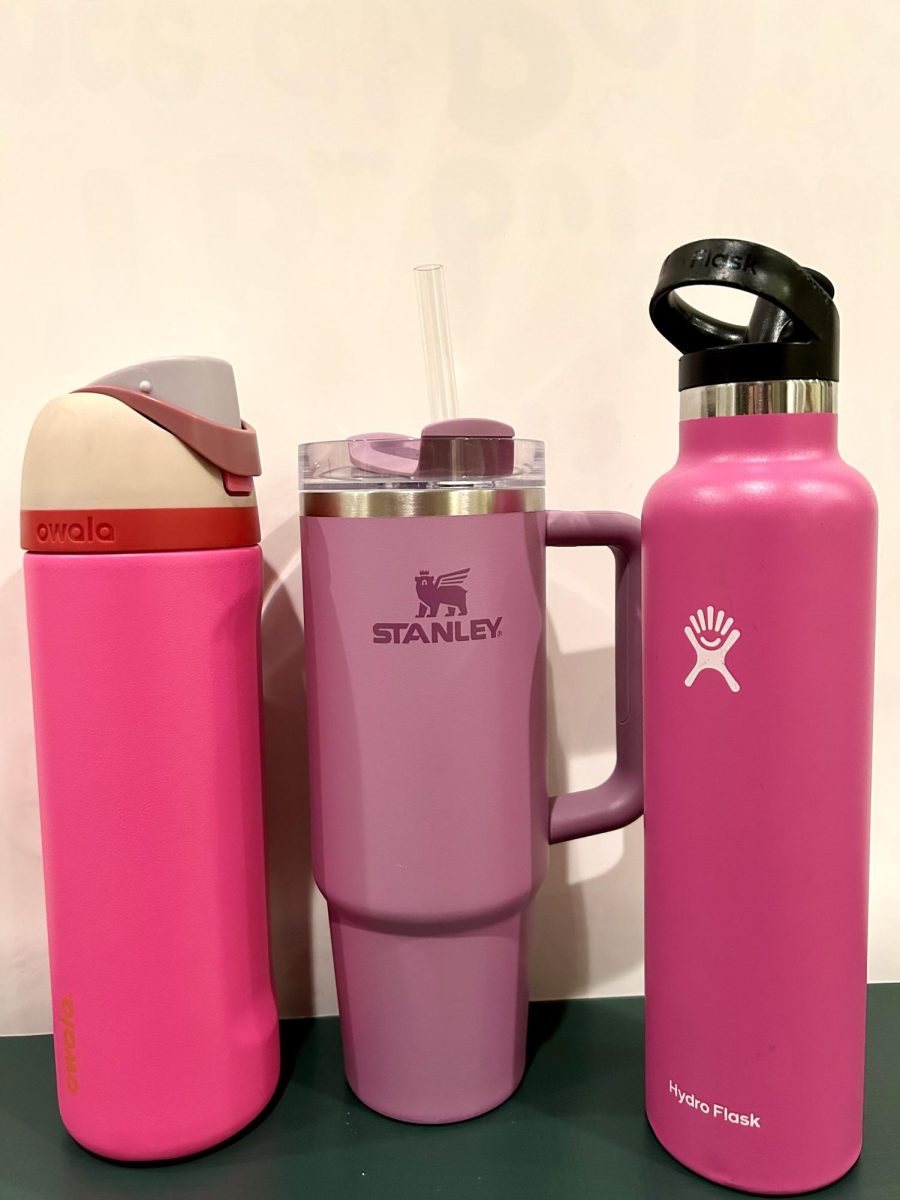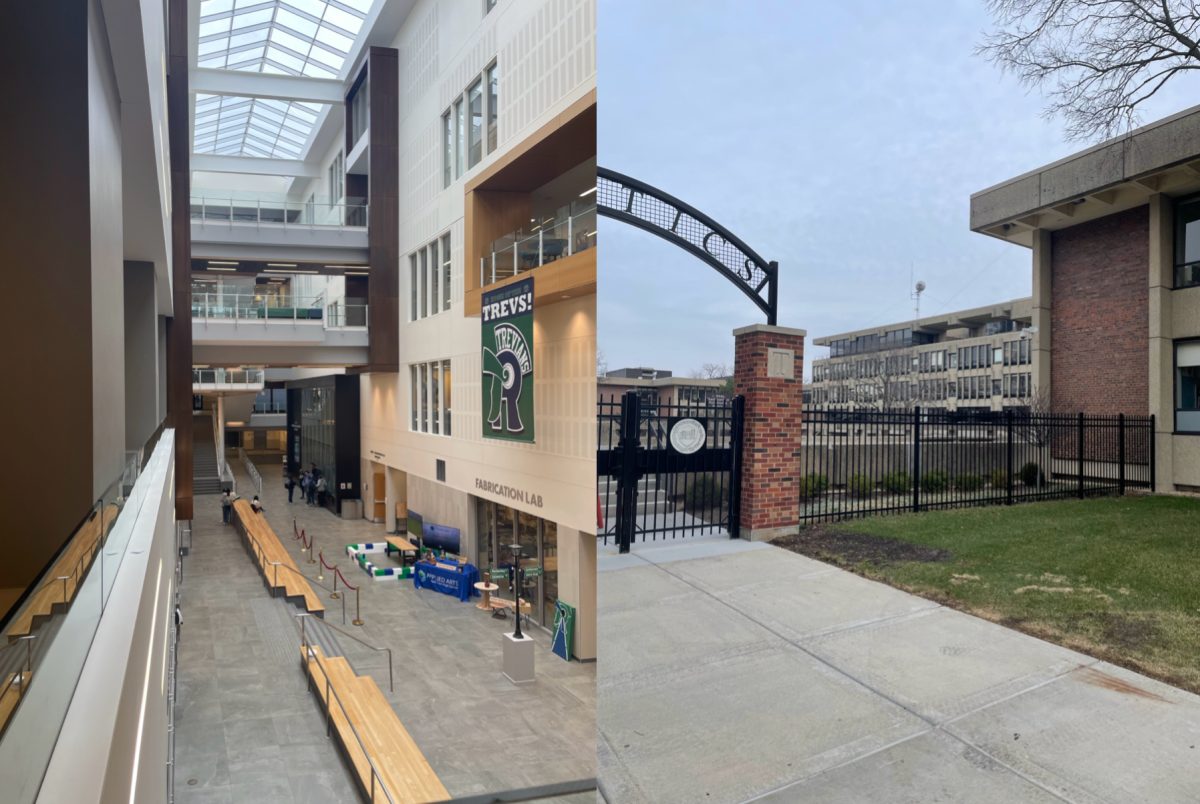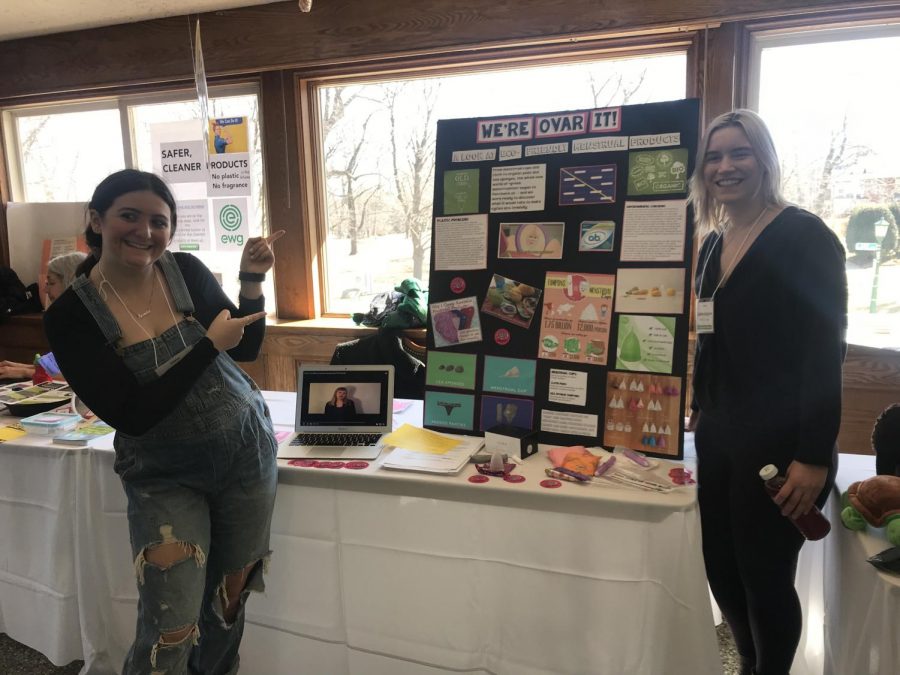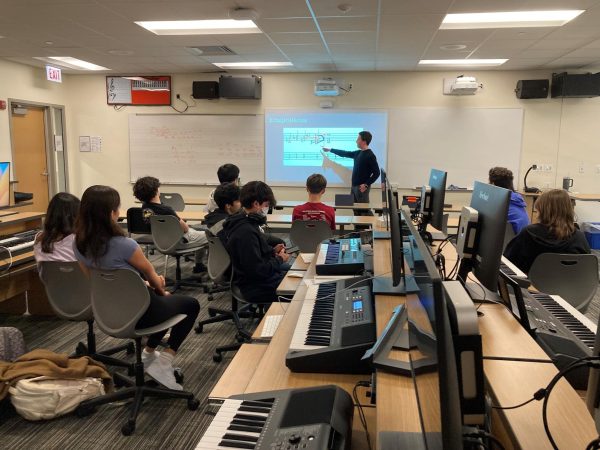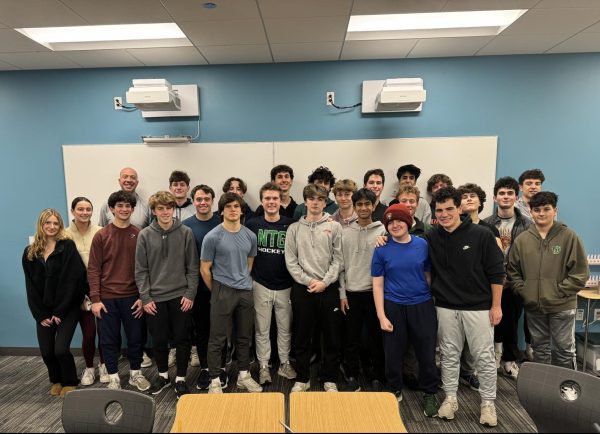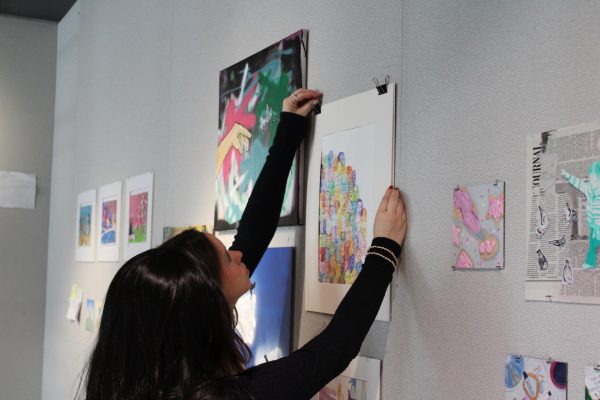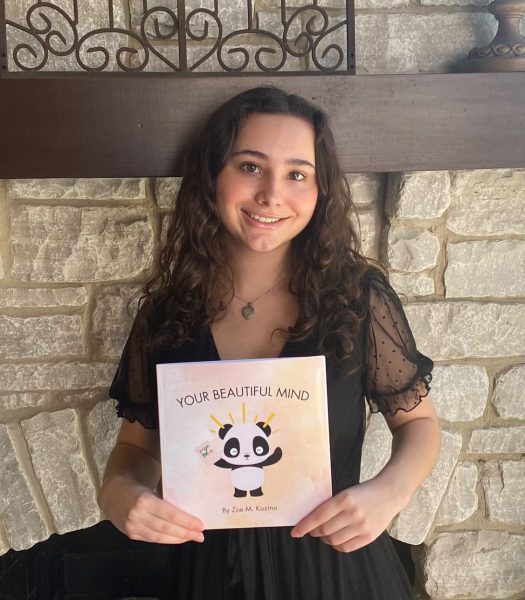Projects collaborate in plans to stress importance of feminine hygiene
Senior IGSS students use product to help “women and the world”
Senior IGGS students Sonia Holstein and Colleen Angarone have worked together to create a project in order to raise awareness about earth-friendly feminine products and to organize a bra drive for homeless women.
Holstein and Angarone were at the Going Green Matters fair in Wilmette last Sunday, Mar. 11. They presented their project at the fair, consisting of more than 1000 volunteers and visitors.
During the first semester, Holstein and Angarone separately completed their IGGS “Create” project. Holstein focused on women’s health and reproductive rights, and Angarone studied bioplastics and biodegradable packaging.
During the second semester, the two worked together for an “Action” project. Together, they created an overarching topic, “Wellness for Women and the World.”
“Me and Colleen just really saw that our topics could be infused together,” said Holstein, “So everything that we’re doing for our project goes with that. It goes with helping women and the world.”
Holstein and Angarone have created a three part project. First, they are holding a trial for eco-friendly feminine products, titled “We’re Ovar It.” Participants must choose one out of five available products to use during their next period.
“They’re cost efficient, they’re healthy for the body, and they’re so much better for the environment,” said Holstein, stressing the importance of health benefits for women as well as for the earth.
“It’s important that women see how they can not only improve their own health, but also the planet’s; because they sometimes put plastic inside the actual tampon and applicators often have deadly chemicals, they are bad for both your body and the planet.”
The product is provided to the participant for free and after use, they review it for Holstein and Angarone. The two are still looking for willing participants so their research can be as thorough as possible.
Then, Holstein and Angarone are using this information for the second part of their project: visiting various girl adviseries to raise awareness about these products and why they should make the switch.
“We’re trying to get word out to students here and to other women about how they can change their menstrual hygiene and make it better for themselves and for the environment,” said Angarone.
Not only are the products better for every woman’s health but according to Holstein, “The statistics about period products are ridiculous.” The average amount of tampons a woman uses in her lifetime is 12,000.
“Our environment cannot take that,” Angarone said. “Plastics today do not biodegrade for thousands of years, so the monthly waste is accumulating and sitting in landfills or destroying marine life.”
Their goal is to educate the girls in advisories they visit about what products they should and should not use if they are concerned about their own health or want to act upon more earth-friendly habits.
“Every teenager should know their options,” said Holstein.
For the last part of their project, Holstein and Angarone are helping to collect bras for the “I Support the Girls” organization. They have already surpassed their goal of 100 bras.
The organization donates bras to homeless women and girls who cannot afford bras on their own. They stress the importance of the availability of bras due to the health risks of unsupported breasts.
“It’s a huge need, because when people donate to homeless shelters, they don’t think to donate their bras,” said Holstein.
Angarone also notes that there is an important recycling aspect to donating bras. They are accepting drop-offs and coming to pick up bras through Apr. 10.
Holstein and Angarone are looking to expand “We’re Ovar It” beyond the project. There are campaigns to make sure feminine products are available to all women, but the earth-friendly aspect goes unnoticed.
They hope to continue to advocate for the wellness of women and the world.
“A period should not be taboo. It should not be something we don’t talk about. It is something that happens to half the population and we need to be open to having important conversations about our periods,” said Holstein.


